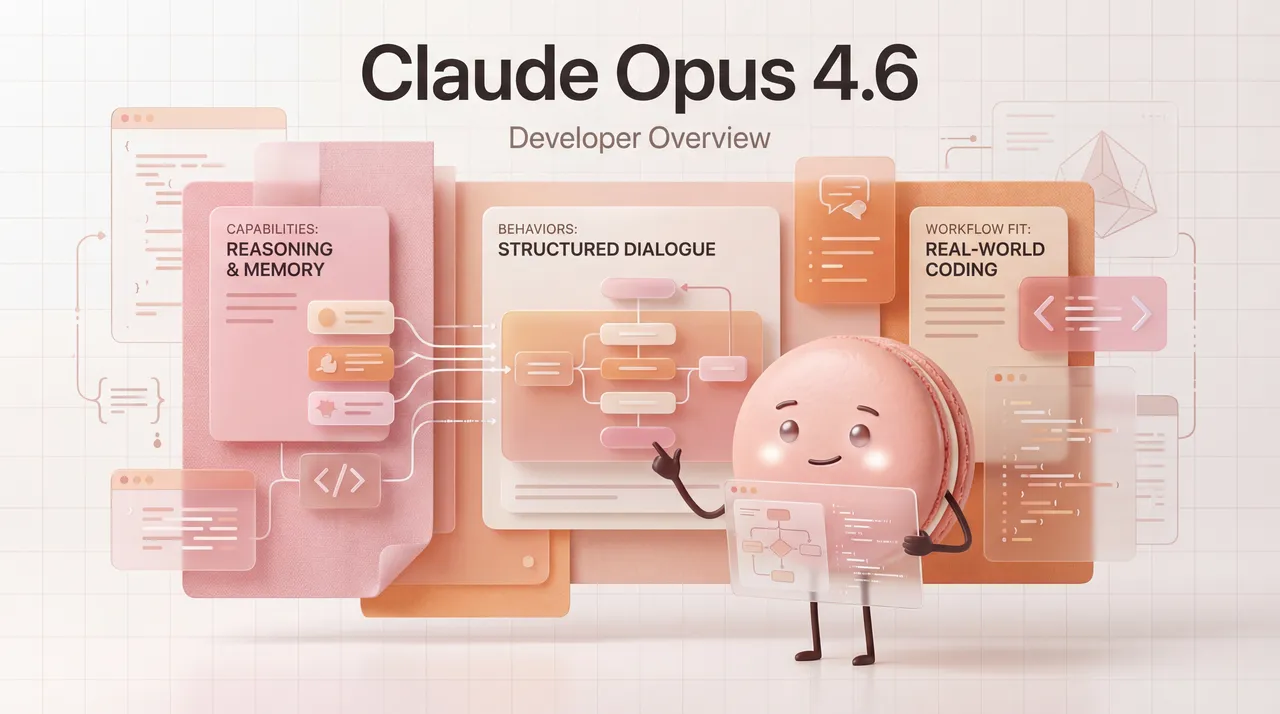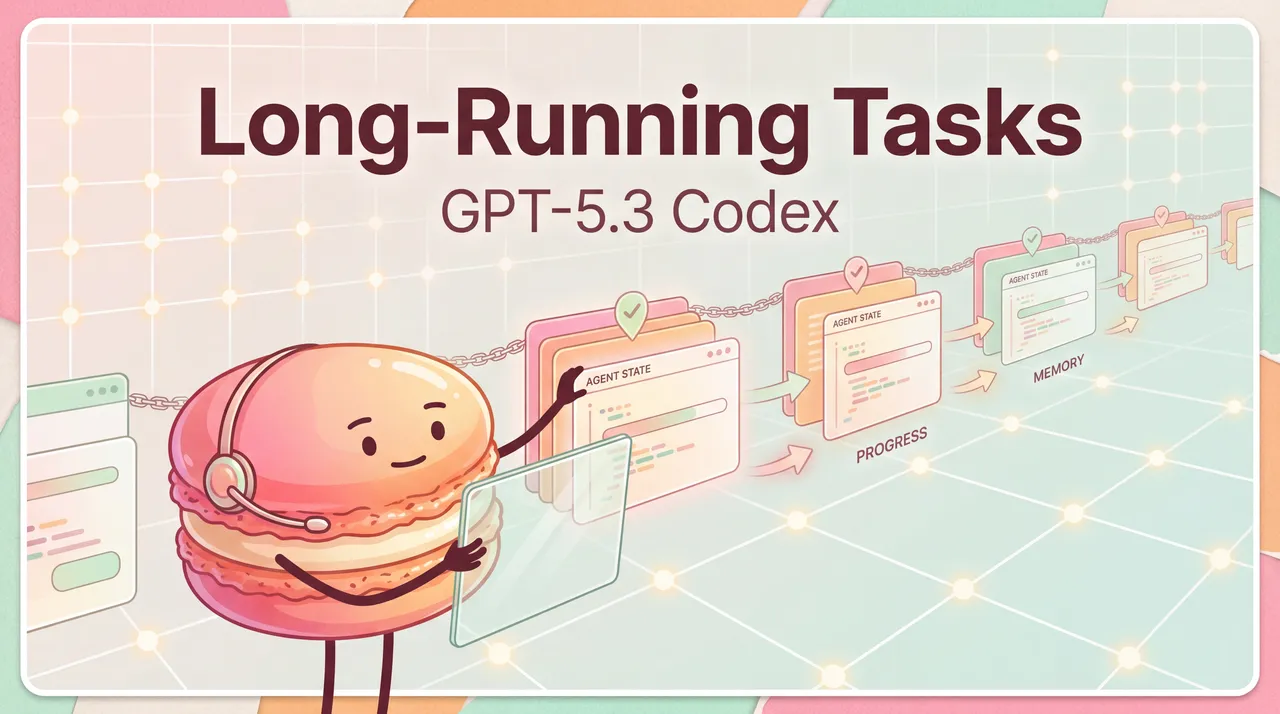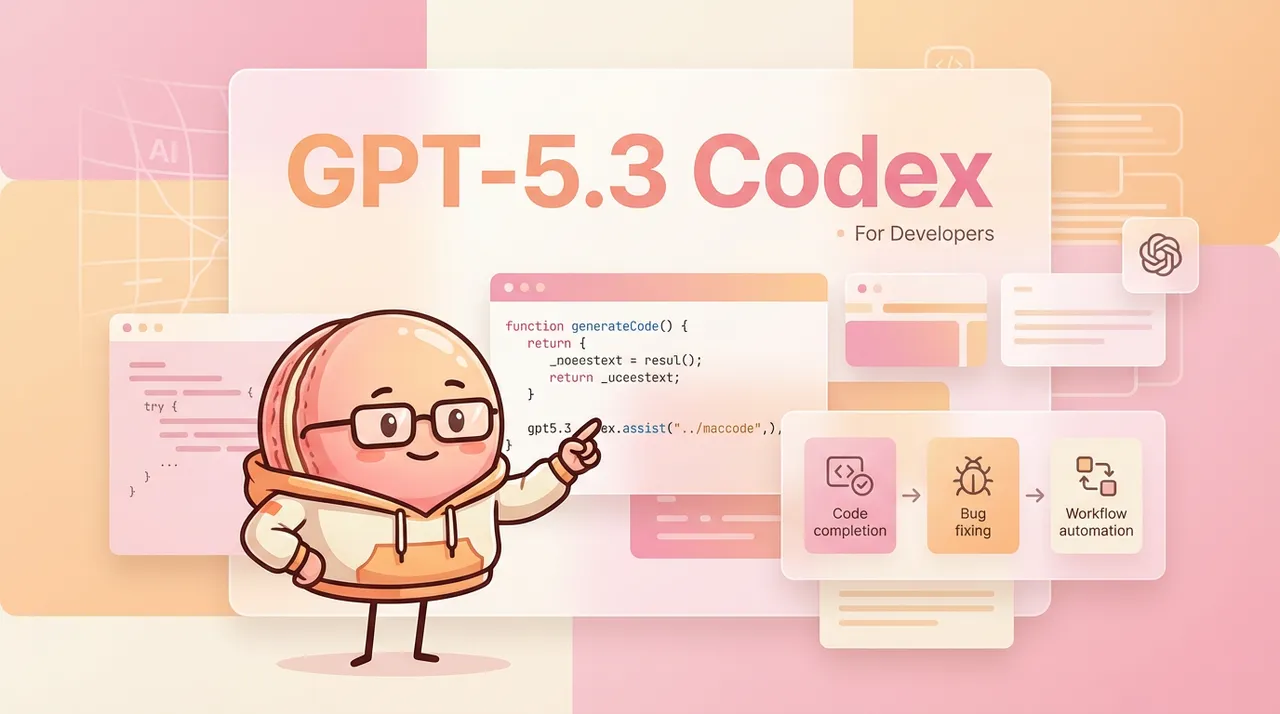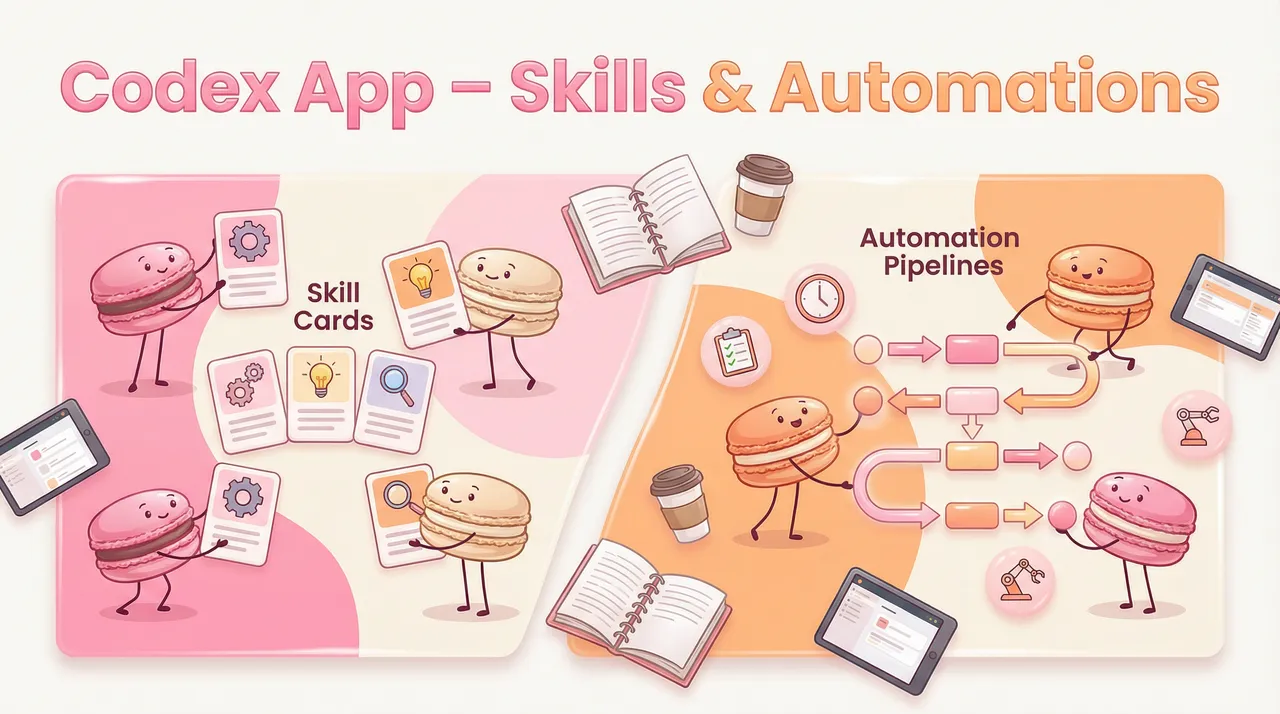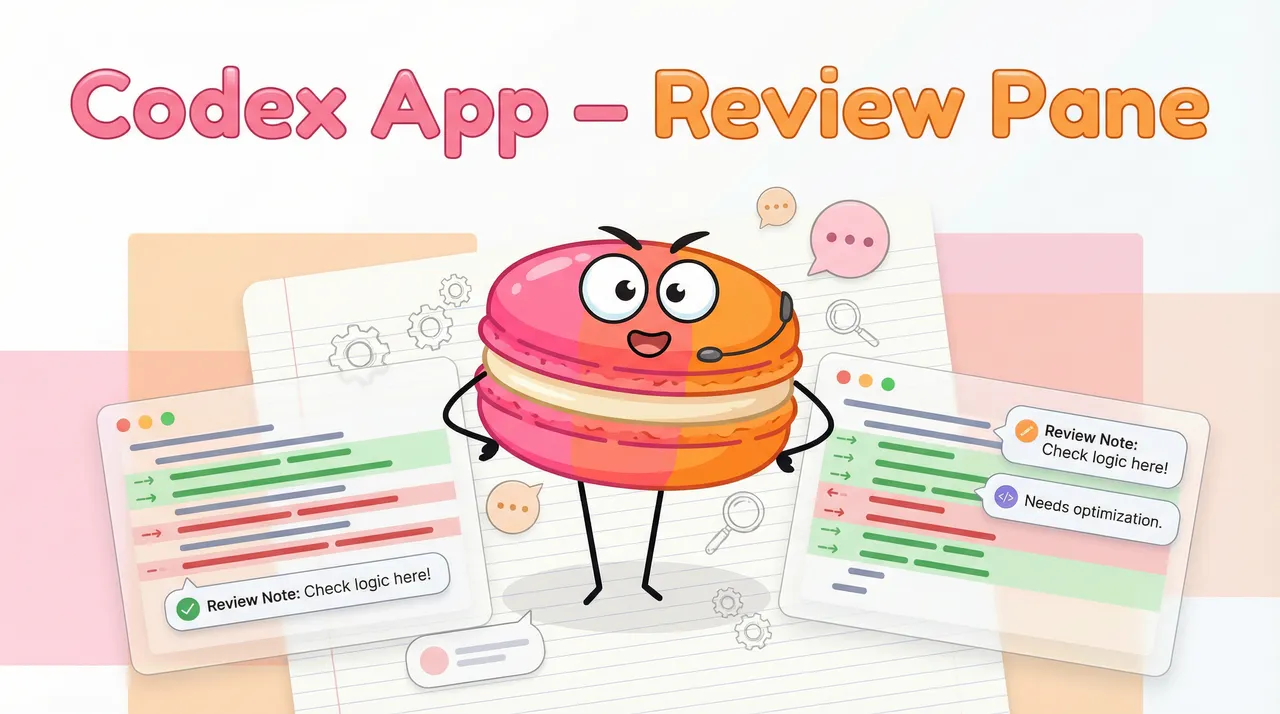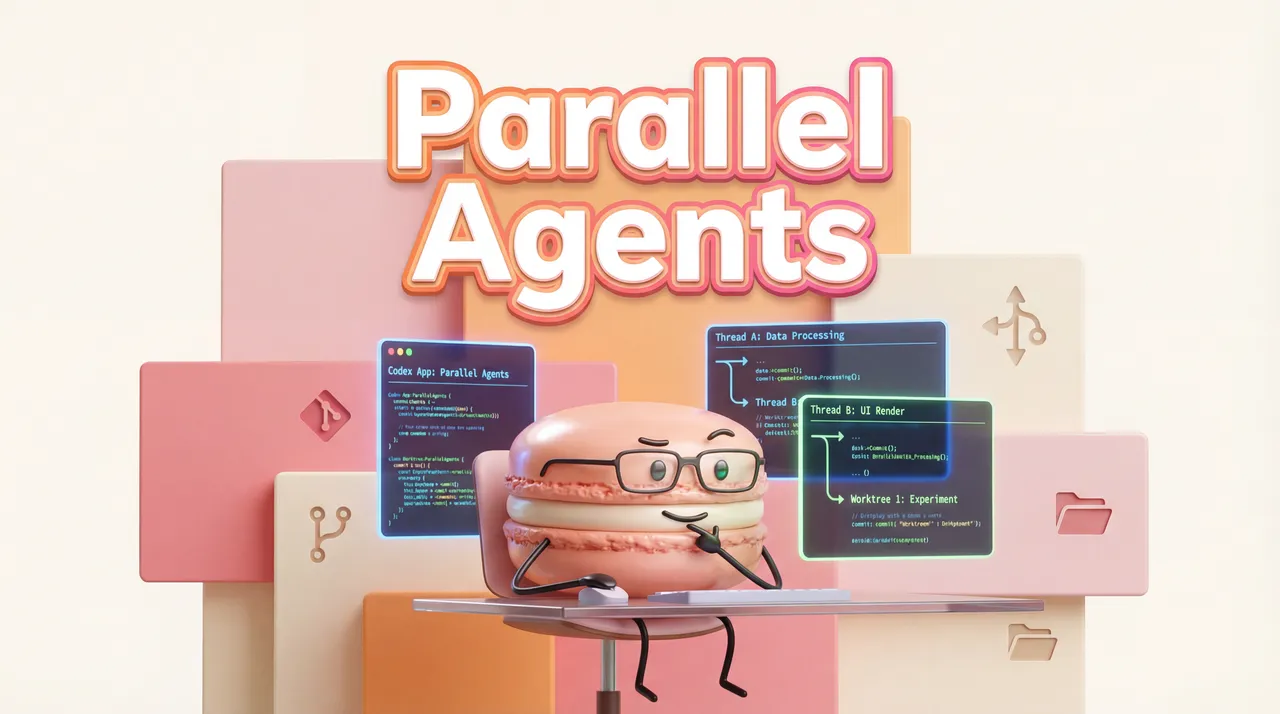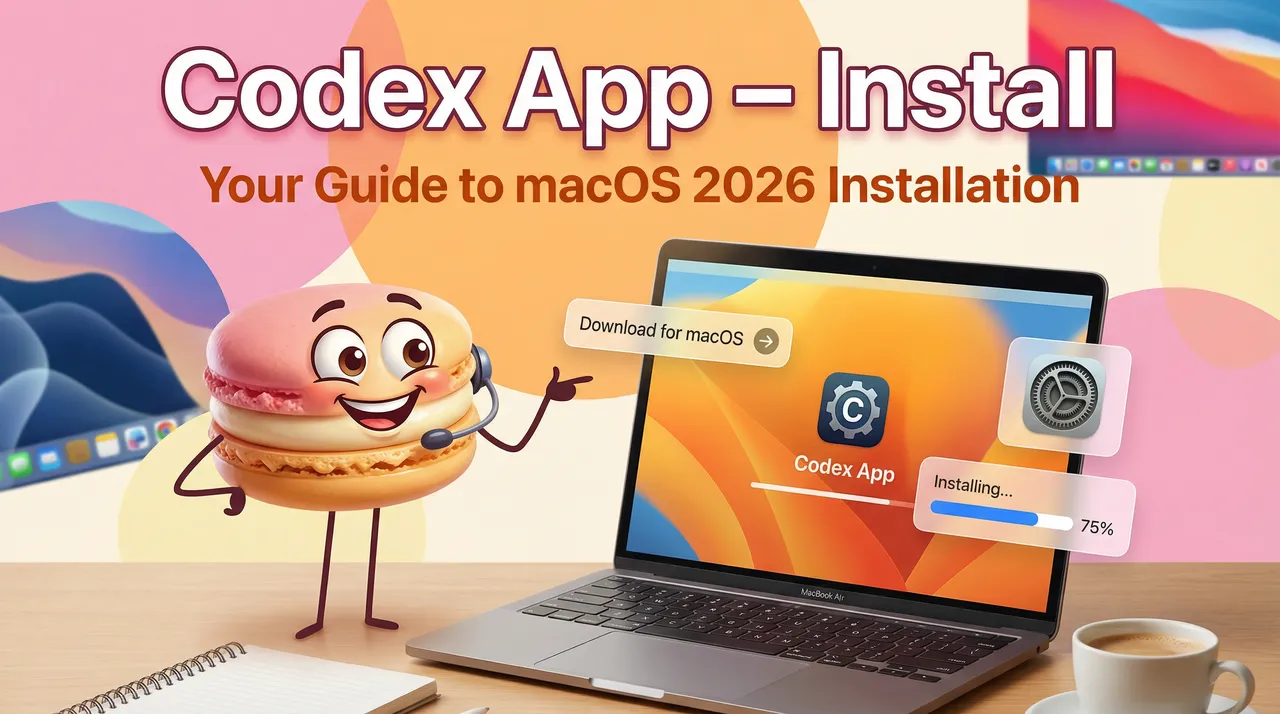
Author: Boxu Li
Introduction: Should you use a general AI personal assistant for fitness or a dedicated AI fitness app? The answer depends on your fitness goal. An AI personal trainer (like a chat-based assistant) offers flexibility and whole-life integration, while the best AI personal trainer apps provide structured workout guidance. This post compares both approaches for goals like strength, cardio, and mobility – and shows how you can auto-schedule workouts around your real calendar with Macaron's help.
Define Your Fitness Goal Before Choosing Tools
Before jumping into any AI solution, get clear on what you're trying to achieve. Are you aiming to build strength, improve endurance for cardio, increase flexibility, or just stay active for general health? Different goals benefit from different tools:
- Strength or Muscle Building: This goal demands careful programming (specific exercises, sets, and progressive overload). A specialized AI fitness app can excel here by adjusting weight and reps each week based on your progress. If you're chasing a new squat PR or muscle gains, these apps offer data-driven tweaks. On the other hand, an AI assistant like Macaron can still generate a strength routine if prompted, but it won't automatically fine-tune weights unless you feed it data. It's great for outlining a plan and reminding you to lift, while a dedicated app might handle the nitty-gritty of periodization.
- Cardio Endurance: Training for a 10K run or just trying to improve heart health? Many fitness apps have built-in running or cycling plans. They might integrate with wearables to monitor pace and heart rate. A general AI assistant can create a cardio schedule too ("Run 3 times a week, gradually increasing distance"), and Macaron will help slot those runs into your week. If your primary need is scheduling consistency and accountability, an assistant is perfect. If you want detailed run metrics or live form feedback (like gait analysis), a niche app or device is better.
- Mobility or General Fitness: Goals like improving flexibility, balance, or just being active daily are more about habit-building. Here, an AI personal assistant shines by integrating fitness into your lifestyle. It can remind you to stretch during work breaks or add a yoga session around your other commitments. While there are yoga apps with guided videos, an assistant can pull from many sources (e.g. generate a quick stretching routine on the fly) and adapt to your day's flow easily.
Bottom line: define the outcome you want. If it's highly specialized (e.g. competitive bodybuilding or marathon racing), a purpose-built AI trainer app or platform may serve you best. If it's about fitting exercise into a busy life or getting well-rounded guidance, an AI assistant like Macaron offers flexibility across domains. In many cases, you might even use both in tandem – for example, use a strength-training app for the workout plan itself, and use Macaron to manage when you do those workouts and ensure it aligns with the rest of your schedule.
Program Design, Form Cues, and Progression

Any effective fitness regimen has three pillars: a sound program design, proper form cues, and progressive overload for steady progression. Let's see how AI apps vs. an AI assistant handle these:
- Program Design: Dedicated AI fitness apps (like those for weightlifting, HIIT, or Pilates) are built around program design. They often start by asking for your experience level, available equipment, and goals, then generate a structured plan (e.g. which exercises on which days, how many sets/reps). These plans are usually informed by large datasets or expert-designed templates. A general AI assistant can also design a program when you ask – for example, "Create a 4-week full-body workout plan for me." The difference is, the assistant's plan is a one-time output based on general fitness knowledge. It can be surprisingly good (AI has ingested lots of fitness info), but it may not be as interactive over time unless you loop back with updates. Fitness apps will update your plan continuously as you log workouts. With Macaron, you could update the plan by saying "I struggled with 10 push-ups, adjust my program," and it would likely modify the plan via conversation. It's a bit more manual, but also more conversational and personalized to the feedback you give.
- Form Cues and Instruction: One big advantage of many fitness apps is the library of exercise demos and form cues. They show you how to do a squat or plank correctly via video or AR, and some even use your camera or sensors to give feedback (e.g. if your back is rounding on deadlifts). A general AI assistant doesn't have a built-in video demo – it primarily offers textual guidance. If you ask Macaron, "How do I perform a proper deadlift?", it can describe the key points (e.g. "keep your back straight, drive through your heels"). That advice is useful but not as rich as a video trainer. So if you're new to exercise or worry about form, you might use an app or online videos alongside your AI assistant. Macaron's philosophy is to augment your decision-making; it might, for example, remind you to focus on form ("Don't forget to keep your core tight during those squats today!") as part of its coaching reminders, but it's not visually evaluating you. Always stay safe and, if possible, use mirrors or videos to check form when trying new moves.
- Progression Tracking: Progressive overload – gradually increasing the challenge – is crucial for improvement in strength and endurance. AI fitness apps typically excel at this: they track every workout, and if you easily bench-pressed 100 lbs for 10 reps last session, the app might suggest 105 lbs or 12 reps next time. Some use algorithms to adjust weight or intensity to keep you in an optimal growth zone. An AI assistant will not automatically log how much you lifted (unless you tell it). However, you can absolutely use Macaron as a workout log: after each session, you could quickly tell it what you did ("I did 3 sets of 10 at 100 lbs bench press and it was tough"). With that info, Macaron's AI could recommend progression ("Next chest day, aim for 3x8 at 110 lbs since you hit 10 reps last time"). It's a bit more effort to input data, but it gives you flexibility to track any kind of metric, not just what an app is built to track. Macaron isn't limited to one training style – whether you're increasing your running mileage or holding a plank longer, you can decide what progression means and ask the assistant for adjustments. For many users, the AI assistant's adaptability is a plus: it's like having a knowledgeable coach you can consult on any aspect (strength, diet, sleep) rather than a rigid program. But if you know you need strict algorithmic progression and you're not inclined to manually converse about it, the fitness app that increments weight for you might be the better route.
Macaron's approach: incorporate the best of both worlds by letting you use any program you like, while it handles scheduling and big-picture adjustments. For instance, you could follow a popular 5×5 strength program (which provides the progression rules) and log your results with Macaron. Macaron's AI can then summarize your progress over a month and even suggest when a deload week might be due (e.g. "You've increased weight for 6 weeks straight – consider a lighter week to recover"). This kind of holistic oversight is harder to find in single-purpose apps.
Scheduling Workouts with Macaron (Travel, Meetings, & Life)
One of the hardest parts of any fitness routine isn't the push-ups – it's finding the time to do them consistently. This is where an AI personal assistant truly outshines a standalone workout app. Macaron treats your workouts as first-class events alongside your meetings, errands, and family time. In practice, that means the assistant can automatically schedule or reschedule workouts to fit your real life.
Consider a scenario: You plan to hit the gym every Monday, Wednesday, Friday at 6 pm. A typical fitness app will dutifully say "Leg Day on Wednesday!" – but it has no idea you have a team meeting running late that day. Many of us simply skip the workout when our schedule conflicts, and two missed sessions can snowball into abandoning the program. Macaron takes a proactive approach: if a meeting gets added to your calendar that overlaps your workout, the AI scheduling assistant can alert you and suggest an alternative time. For example, it might say, "Wednesday's leg workout conflicts with your 6 pm team call. I found a free slot Thursday at 7 am; shall I move your workout there and set a reminder?" With one click or voice command, you've rescheduled instead of canceled. This kind of intelligent calendar coordination keeps you consistent even when life throws curveballs.
Another strength of Macaron is managing workout scheduling during travel or special events. If it sees a business trip next week, it can adjust your plan: "You'll be traveling Tue-Thu. I've shifted your heavy workouts to Monday and Friday, and on Wednesday I've penciled in a 20-minute hotel-room bodyweight circuit since you won't have gym access." This ensures you maintain momentum. Traditional fitness apps may let you mark "travel mode" or skip days, but they don't typically reorganize your entire schedule for you; that work falls on you. Macaron, with a holistic view of your calendar, does it dynamically and can even take into account travel fatigue or timezone changes (perhaps scheduling an easy yoga session the day after a long flight).
Macaron's philosophy is that consistency beats perfection. By embedding your fitness plan into your daily agenda, workouts become as non-negotiable as a work meeting. You'll get polite nudges ("Time for your 30-minute run!") and even context-aware tips ("Looks like it's raining – shall I suggest an indoor cardio alternative or reschedule your run?"). Over time, the AI learns your preferences: maybe you hate early morning workouts or you prefer running outdoors to treadmills. It will factor those in when finding slots. In short, Macaron acts like a smart training coordinator, removing the mental load of planning when to exercise.
Did You Know? You can sync any workout plan to Macaron. If you already have a routine from an app or trainer, simply tell Macaron the schedule (e.g. "workouts on Mon/Tue/Thu at 6pm") and it will integrate them into your calendar, with reminders. As your schedule changes, you can literally say "Hey Macaron, move today's workout to tomorrow 7am" – and it will adjust and remind you accordingly. No app does that level of real-time negotiation for your time!
(CTA – mid-post reminder: Want to experience this level of scheduling magic? Try adding a workout in Macaron now and see how effortlessly it aligns with your day.)
Recovery, Sleep, and Plateaus: A Holistic View
Workouts are only one piece of the fitness puzzle. Recovery, quality sleep, and overcoming training plateaus are where a well-rounded AI assistant can complement or even outperform a siloed fitness app.
Most fitness apps focus on the exercise itself. They might include basic rest day scheduling – say, 2 rest days per week – and some premium ones integrate with wearables to monitor your recovery. For example, an app might reduce the recommended intensity if it notices your heart rate variability is poor (sign of fatigue). However, few apps have a broad awareness of your overall life stress and sleep schedule. This is where Macaron's multi-domain knowledge helps: because it can track or be informed about your sleep, work stress, or mood, it can give more empathetic coaching. Imagine you normally do a high-intensity interval session on Friday, but you only slept 4 hours Thursday night. Your wearable might flag "poor sleep," and Macaron can take that into account. It could suggest, "You're running on little sleep – consider a lighter workout today or a longer warm-up. I've moved your intense session to Sunday when you'll be more rested." This kind of adjustment is something a human personal trainer would do; now your AI assistant can approach that level of attentiveness by combining data from various aspects of your life.
Regarding plateaus: when progress stalls, often the solution is to change something – be it training volume, exercise selection, or allowing a recovery phase. An AI fitness app might not always detect a plateau unless it's very sophisticated (some do flag when you haven't improved in a while). But Macaron, especially if you're logging how you feel and perform, can notice trends. It might say, "Hey, the last two weeks you've been stuck at the same running pace and you mention feeling sluggish. This could be a plateau – shall we try a different approach next week (e.g. interval training) or schedule a few extra rest days?" Moreover, Macaron can coordinate outside solutions: it could schedule a chat with a human coach or find an article on busting plateaus if you ask. It's not limited to one domain of knowledge.
Deloads and recovery weeks are another important concept. Seasoned athletes know to plan a deload week (a week of greatly reduced intensity) every month or two to let the body rebuild. Many casual fitness-goers skip this, risking burnout or injury. AI assistants like Macaron can gently enforce this healthy practice. Because Macaron isn't just blindly pushing you to do more reps (it's not judged on your short-term output, but on you achieving sustainable success), it will happily schedule recovery activities. For example, after 6 weeks of constant training, Macaron might replace a few gym sessions with stretching, foam rolling, extra sleep, or playful activities. A specialized app might or might not include deloads in its algorithm. But Macaron can even adapt on the fly – if you say you're feeling very sore or mentally drained, it can shuffle your plan to insert a recovery day right when you need it, rather than on a pre-set week.
Finally, Macaron also accounts for mental freshness and motivation, which are part of recovery in a broad sense. It might encourage variety (if you've done the same yoga video 10 times, it can suggest a new one to keep things interesting) or prompt you to recall your progress ("You've worked out 8 of 10 planned sessions this month – great job! Shall we set a small reward when you hit 12?"). This positive reinforcement helps break through mental plateaus.
In summary, an AI personal trainer app provides excellent workout-specific guidance, but an AI personal assistant offers a whole-person perspective. It watches out for your well-being, adjusts for life's ups and downs, and keeps you on track not just with a program, but with the underlying healthy habits (sleep, rest, consistency) that make a program successful. Ideally, use the app to get expert workout programming and use Macaron to orchestrate everything around it for maximal adherence and results.
Try These "Build Me a 4-Week Plan" Prompts
One fun way to see the power of an AI assistant is to ask for a complete short-term training plan. Here are some example prompts you can literally copy into Macaron (or another AI) to generate a four-week workout plan tailored to different needs:
- "Build me a 4-week strength training plan for a beginner who can work out 3 days a week. Focus on full-body workouts using basic gym equipment."
- "Create a 4-week cardio program to prepare for a 5K run. Include 3 runs per week and 2 cross-training days, with gradually increasing distance."
- "Give me a 4-week mobility and core exercise routine I can do at home. I sit all day, so include daily stretches and 3 core workouts a week."
- "I'll be traveling for work the next month. Make a 4-week workout plan with 20-minute hotel room workouts (no equipment) for maintaining general fitness."
- "Provide a 4-week weight loss workout plan for someone with only 30 minutes a day. Mix up strength, cardio, and HIIT, and assume I have dumbbells and a yoga mat."
Feel free to tweak the details (your goal, schedule, equipment). The AI will happily draft a plan. Once you have that plan, you can then ask Macaron to sync it with your calendar. You'll quickly see the benefit of having your workouts intelligently placed at times that make sense, with reminders so you don't forget.
(CTA – end of post): Ready to put AI muscle behind your muscle? Try Macaron as your workout concierge. Let the specialized apps or AI models design a routine, and let Macaron handle the timing, consistency, and follow-through. With Macaron's help, you can pursue your fitness goal and balance it with the rest of your busy life – no more excuses. Sync your training plan to Macaron today and experience how much easier an AI-assisted fitness routine can be!
Frequently Asked Questions
Q: Can AI-generated workout plans adapt to my equipment constraints (or lack of equipment)? A: Yes. Most AI fitness apps ask what equipment you have (e.g. barbell, dumbbells, or just bodyweight) and will tailor the exercises accordingly. If you have no equipment, they'll give you bodyweight movements. An AI assistant like Macaron will do the same if you tell it your constraints – for instance, you can say "I only have resistance bands and a yoga mat," and it will craft or adjust a routine using those. The key is to communicate your equipment availability to the AI. You can always update Macaron if your situation changes (e.g. you got a pull-up bar at home) and get new exercise suggestions instantly.
Q: How will an AI trainer know when I need a break or a lighter week (deload)? A: Many dedicated programs schedule rest days and some include periodic deload weeks by default (especially strength-training apps designed by coaches). However, not all do, and they might not "know" if you're feeling burned out unless you manually adjust something. With an AI assistant, you can explicitly discuss this: for example, tell Macaron "I feel exhausted" or "I've plateaued," and it can recommend a deload week or extra rest. Macaron can also follow general best practices – it knows, for example, that after about 4–6 weeks of intense training, a lighter week can be beneficial. It will suggest recovery if it notices you haven't had a break in a while. Ultimately, listen to your body too. The combination of your self-awareness and the AI's knowledge is powerful. Use Macaron's reminders to take rest days seriously – recovery is when you actually get stronger!
Q: I have a very busy schedule with limited time each day. Can an AI personal trainer help me get results in short workouts? A: Absolutely. AI fitness solutions are great at optimizing for constraints like time. You can tell an app or Macaron, "I only have 20 minutes a day, 5 days a week," and it will devise efficient workouts (think high-intensity circuits, supersets, or tabata-style routines). Macaron in particular will find the best times for those 20-minute sessions in your schedule – maybe a quick session early morning or during lunch breaks – so that you actually do them. It can also split workouts if needed (10 minutes morning, 10 in evening) if that's the only way to fit exercise in. While longer sessions might allow more volume, consistency is more important. An AI assistant will encourage even short bursts of activity rather than doing nothing at all. Many users find that with smart planning, even a packed day has a window for a brisk walk or a short bodyweight workout. Over time, those add up to real progress. Macaron can also send you a nudge if it sees a free 15-minute slot: "Hey, you have a break at 3pm – how about a quick stretch or walk?" This kind of micro-coaching keeps you active despite time limits.

